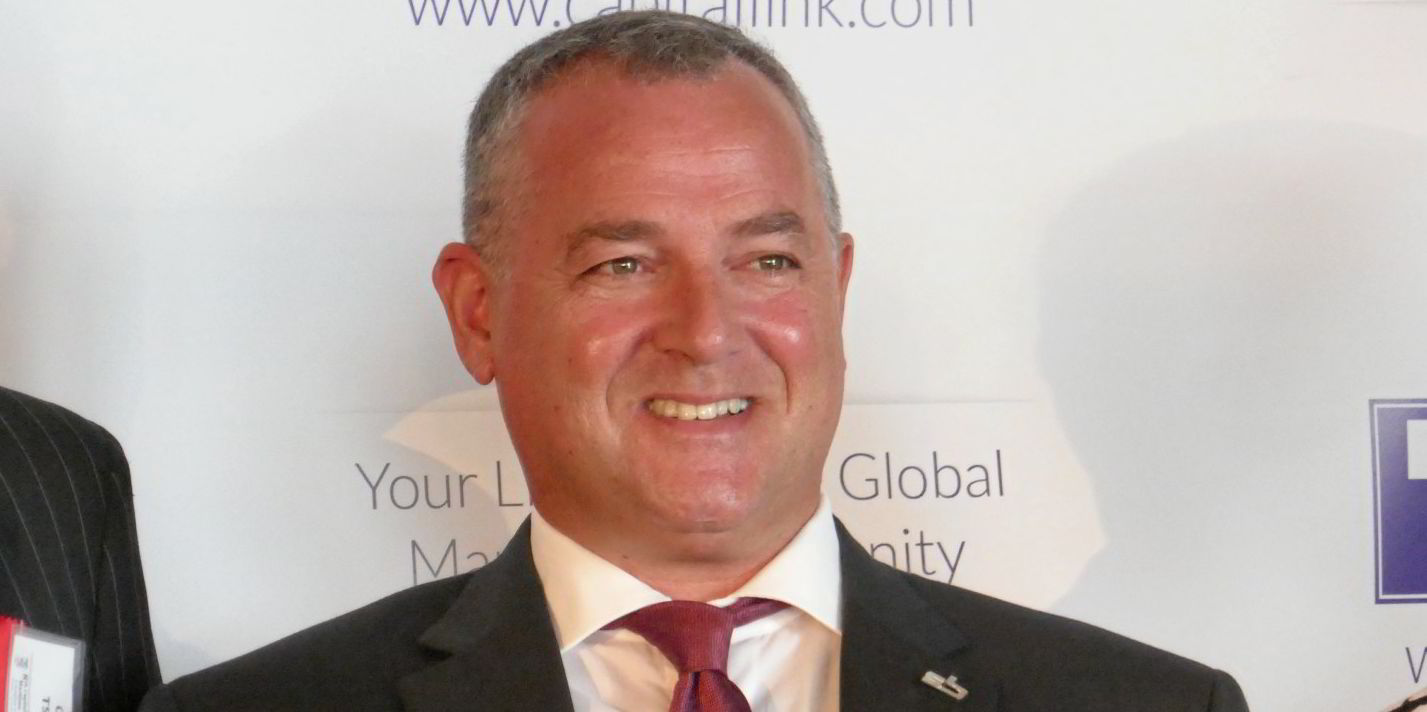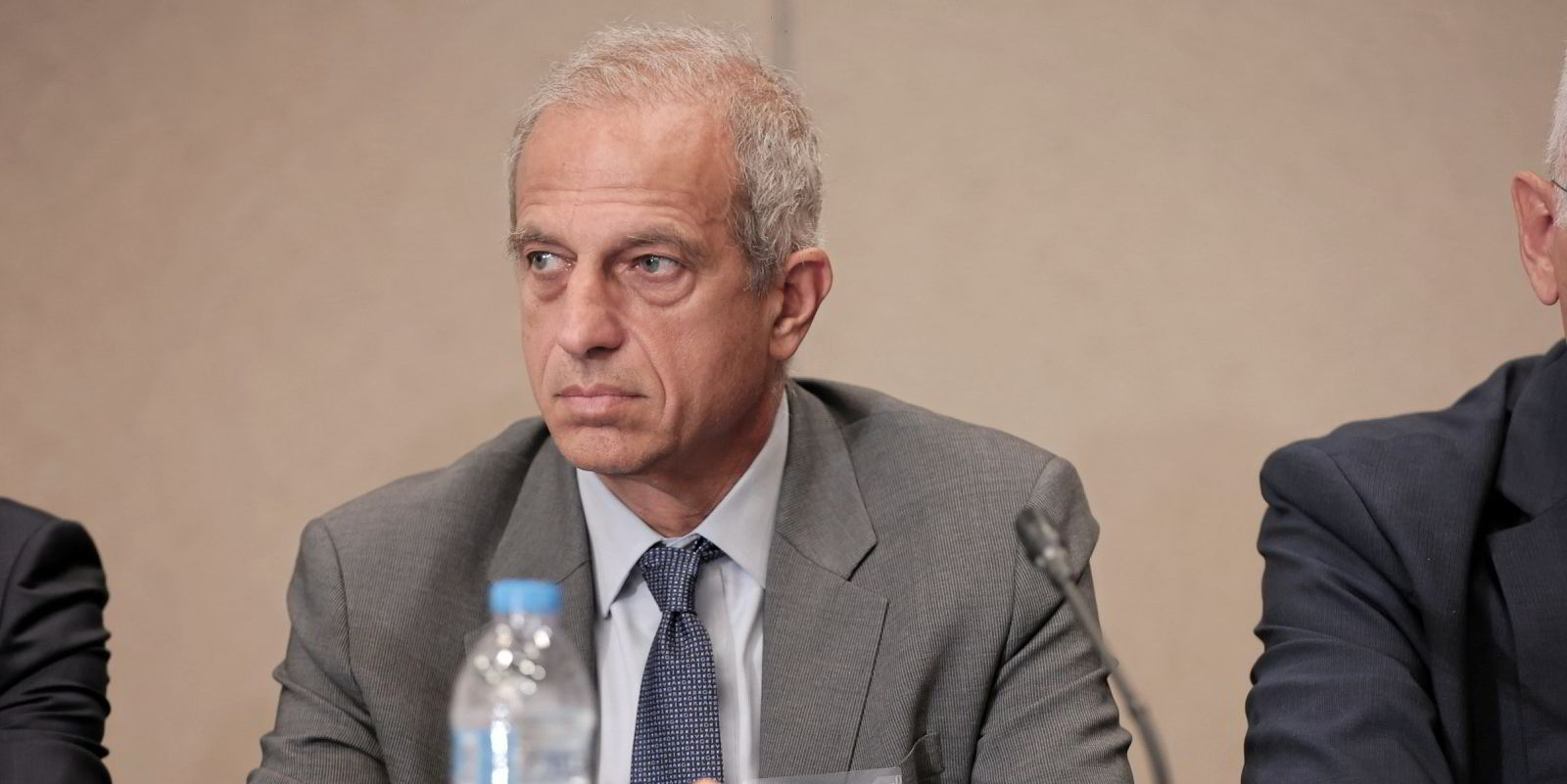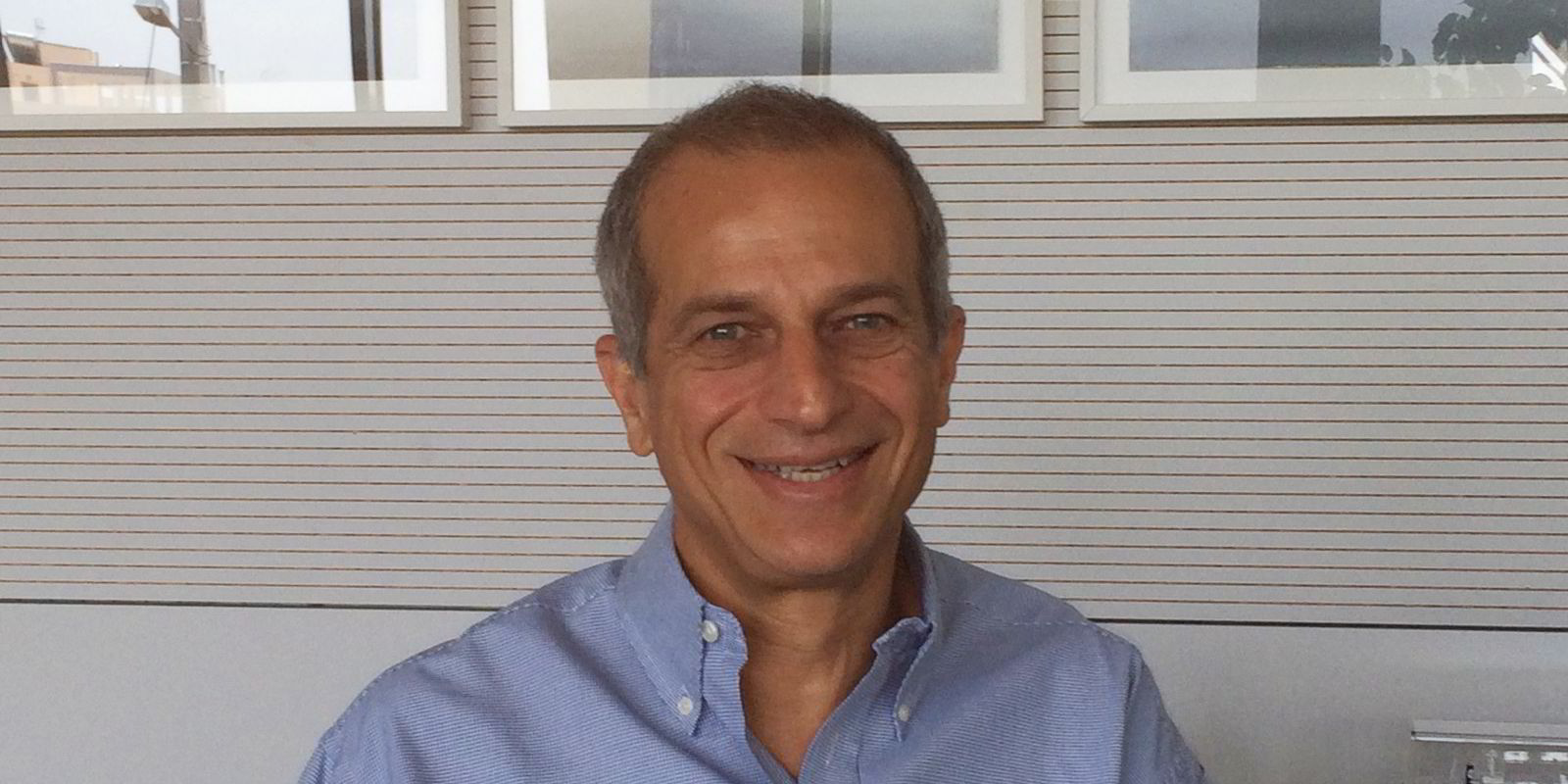The dry bulk market should do better next year compared to this year for numerous reasons — but not much better, two bulker owners said.
Polys Hajioannou, chief executive of Safe Bulkers, said bulker rates may be higher next year due to a “comfortable” orderbook over the next two years that will create a market that might rise quickly on demand.
“Now this means in trade rates, it’s quite possible and we will see a better market but, again, we don’t expect something that is anywhere near to the levels that were in 2021 or 2022,” he said on Wednesday during a third-quarter earnings call with analysts.
“Showing any kind of boost on demand is going to give a positive surprise, but the thing is very vague because of all the things that are happening very fast at the moment.”
However, he noted that the market has got — and should continue to get —significant support from steady imports of iron ore into China and coal into India, and the conflicts in Ukraine and Gaza should not impact the market too much.
“For 2024, the expectation is that we will see better demand than we had in 2023,” said Hajioannou, whose company owns six capesizes, 15 post-panamaxes, seven kamsarmaxes and 12 panamaxes.
“We don’t have big surprises on the geopolitical events that are happening in the various parts of the world. So we expect demand to do better, and we expect the capacity utilisation to be better than it was in 2023.”
The Baltic Dry Index, which serves as a market barometer for dry bulk shipping, reached a 2023 high of 2,105 points on 18 October. That is down from last year’s climax of 3,369 points on 23 May.
But Safe Bulkers president Loukas Barmparis pointed out that market headwinds such as geopolitical tensions and higher interest rates as policymakers aim to fight global inflation.
“As a result, global economic growth is also set to slow down over the medium term, against a background of these combined factors,” he said.
Also, he said the International Monetary Fund expects China’s gross-domestic-product growth to reach only 4.4% for next year due to challenges such as high debt and a weak property sector.

“China recovery seems to be losing steam,” Barmparis said.
But India’s economy remains robust due to domestic demand for goods and services, public infrastructure investments and a strengthening financial sector that pushed IMF’s projected GDP growth for India in October of this year to 6.3%.
EuroDry, which owns five panamaxes, a supramax, five ultramaxes and two kamsarmaxes, forecasted a “slightly improving market” in 2024 as the futures market indicated a “slightly softer market”.
“Uncertainty remains over the scale and timing of potential market improvements, with a range of scenarios surrounding key factors, including the Chinese economy, the geopolitical implications of the wars and the aforementioned supply impacts from regulations,” chief executive Aristides Pittas said on Wednesday during a third-quarter earnings call with analysts.
“China is a question mark for us now. There are some negatives and some positives regarding them.”
He said China has always managed to come up with the measures needed to keep a strong economy in difficult times.
“So we are optimistic that we’ve seen actually a big increase in coal imports, and we’ve seen a big increase in iron ore imports as well, despite the very poor market on the construction side,” he said.
“China will manage to continue delivering this 5% to 5.5% [GDP] growth, which is sufficient to hopefully maintain rates at good levels.”






